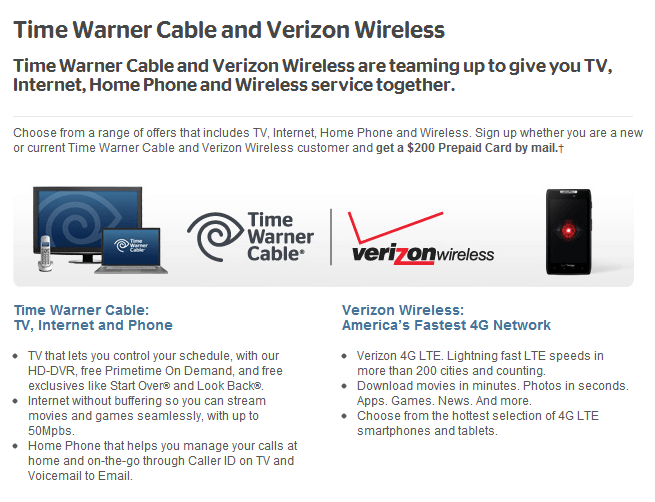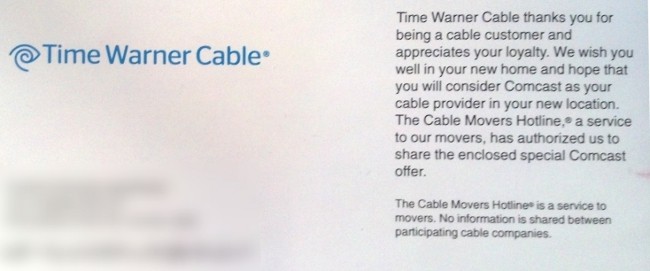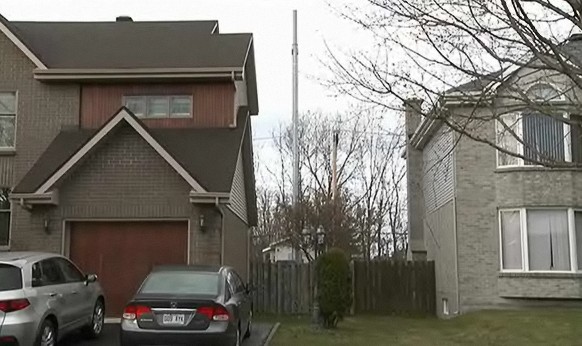The fastest thing in Schuyler County, N.Y., isn’t broadband — it’s the Watkins Glen International speedway.
County officials hope to change that, voting unanimously this month to approve an agreement with the Southern Tier Network to bring a regional fiber optic system into the county.
The not-for-profit local development corporation established to build and manage the regional fiber network doesn’t sit well with some county residents, however, including one retired Verizon employee who dismissed the project.
Odessa resident Karen Radenberg called fiber optics technology “old school” and said no private company will connect to the fiber network to expand broadband service.
Radenberg urged the county to consider that communications companies have now moved on to using 4G wireless technology instead of fiber.
“That’s ridiculous,” countered Legislature Chairman Dennis Fagan (R-Tyrone).
Fagan pointed to nearby Ontario County’s fiber middle-mile and institutional network which has signed companies, including Verizon, as customers. Verizon reportedly uses the Ontario County network to deliver backhaul connectivity to its cell tower network in the area. Ontario County is served by several different landline companies including Frontier Communications, Verizon, and Windstream. Time Warner Cable is the dominant cable provider, but large sections of the county are deemed too rural for cable television service.
Fagan said the new fiber network will improve the chances private companies will expand broadband across the county, but also help deliver an important upgrade to the region’s emergency responder communications system. The extremely hilly terrain across much of the southern tier creates problems because of signal gaps. The new fiber network will allow the county to build radio repeaters into areas where the existing network of microwave communications towers cannot reach.
Schuyler County currently has no plans to sell Internet connectivity to the public, but hopes existing private cable and phone companies — including Time Warner Cable and Verizon Communications — will consider utilizing the network to expand service. Neither company has shown much interest expanding service to new areas recently, most likely because expansion costs will not be recouped fast enough.
If the county network reduces the cost to expand service, more homes and businesses may now fall within a “Return on Investment” formula that could mean the difference between broadband and dial-up.


 Subscribe
Subscribe








